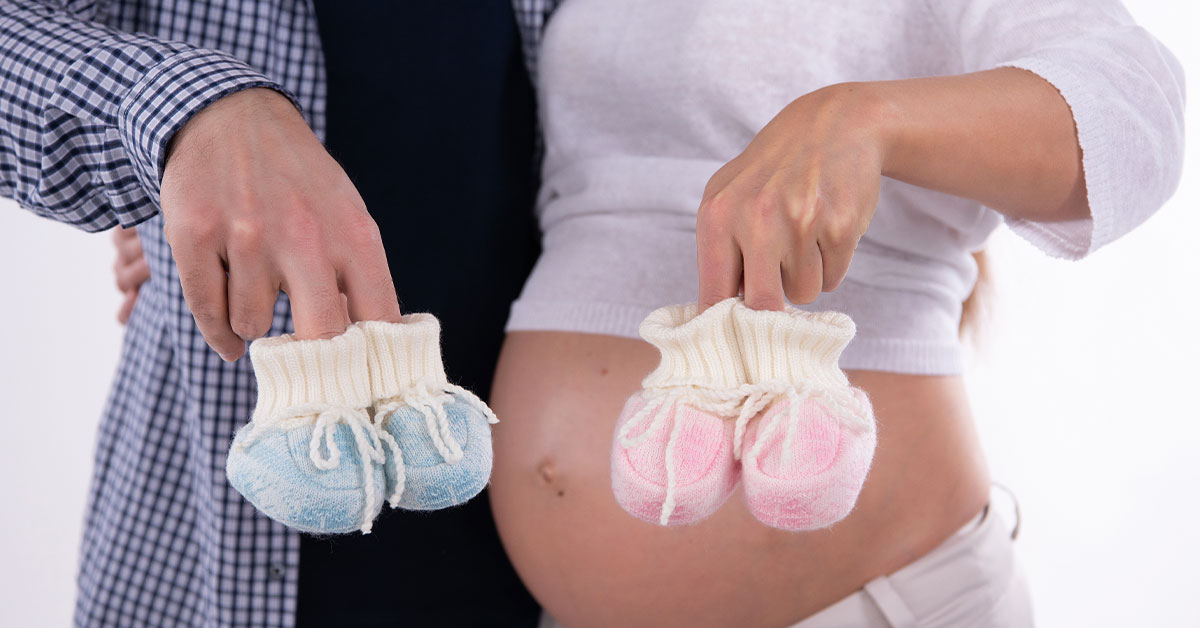Egg donation is a procedure where a donor donates eggs to another woman to help her become pregnant. The egg donor is compensated based on the terms and factors of the clinic. It is generally a safe procedure that can carry a few short-term risks such as side effects from the medication, weight gain, and ovarian hyperstimulation syndrome.
If you’re facing difficulty to get pregnant through normal procedures due to decreased egg quantity and quality, then donated eggs can be the best option. You can seek the guidance of the best test tube baby doctor in Siliguri for getting specialized assistance during the entire procedure or if you’re willing to donate eggs for helping other women to conceive.
Given below is a detailed guide regarding the donor criterion and procedure of egg donation.
Donor Criterion
- After selecting a reputed clinic for egg donation, the first step is the initial consultation. During this stage, you are informed about the risks, legal implications, and the entire process of egg donation.
- If you agree with the term and conditions of the clinic then you will be directed to undertake a screening and assessment procedure for checking your eligibility criterion. The factors that are included in the donor criterion include health, age, lifestyle, and genetics.
- Firstly, for donating eggs you have to be within the age range of 21 and 35 years since the egg quality and quantity is higher during this period. However, the age limit may vary as per the requirements of the clinic.
- You also have to be in good health and if you have any history of infections such as hepatitis C or HIV then you cannot donate. Additionally, you are also not eligible to donate eggs if you have any risk of genetic disorders such as cystic fibrosis.
- You can also disqualify as a potential egg donor if you’re indulged in excessive alcohol consumption, smoking, and drug use. A healthy lifestyle is extremely crucial for donating eggs. You can contact the best IVF specialist in Siliguri to check your eligibility criterion.
Procedure
- The first procedure of egg donation is screening and evaluation, where the mental and physical well-being of the donor is checked. This step is of utmost important for analyzing the suitability of the eggs.
- If the donor's mental and physical is appropriate, then informed consent in written form is taken that acknowledges the fact that the donor has understood all the legal implications, processes, and risks associated with the donation.
- In the next stage, hormonal injections are provided to the donor for stimulating multiple egg production. Constant monitoring, ultrasound, and blood tests are done during this period.
- After the maturation of the eggs, it is retrieved through minor surgery under general anesthesia. The eggs are then inserted into the recipient by a thin needle through the vagina. The donor is then briefed and guided regarding post-donation care and short-term health complications.

After the egg retrieval process, you may experience certain health complications such as vaginal soreness, bloating, spotting, and abdominal cramping. In most cases, these symptoms resolve within a few days of the surgery but if it doesn’t improve, then you must contact your test tube baby doctor in Siliguri.
You can also take certain steps that will help you in preparing for egg donation. Before 3 months of the process, you should involve in regular exercise, eat a balanced diet, and stop smoking and consumption of alcohol. These measures will help in getting the best quality eggs.
Comments (0)




